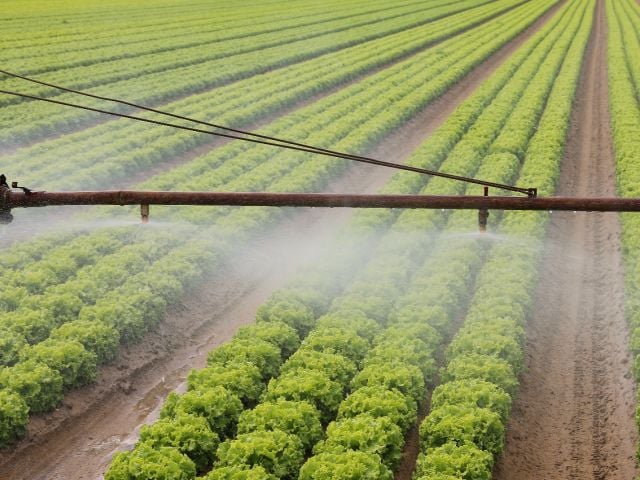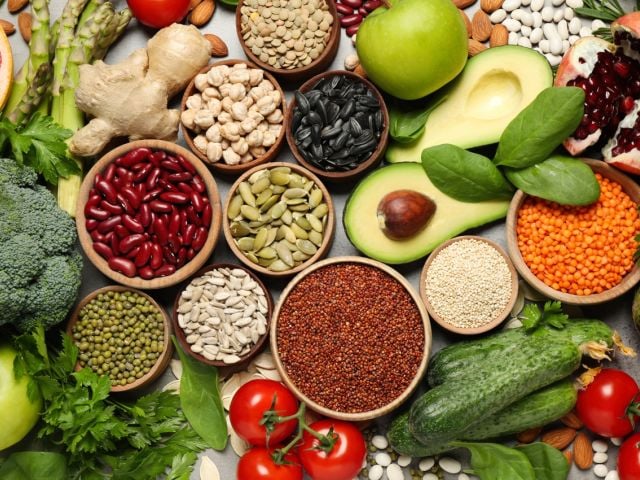WASHINGTON – The Homegrown Organic Act of 2017 introduced today by Sen. Bob Casey, D-Pa., would expand market opportunities for America’s farmers and ranchers, generate more jobs in the fastest growing segment of the food industry and better position America’s farmers and ranchers to meet the growing demand for organic around the globe, said EWG Legislative Director Colin O’Neil.
“This legislation has something every member of the Senate can support: job creation, expanding markets for U.S. farmers, providing consumers more access to homegrown organic food and reducing pesticides, fertilizer and animal waste in drinking water sources,” said O’Neil.
The Homegrown Organic Act, and its companion legislation in the House, introduced by Rep. Ann Kuster, D-N.H., would modify existing voluntary agricultural conservation programs to better assist producers who want to switch to organic. The simple changes called for in the bill would provide transitioning producers with valuable technical and financial assistance, as well as make more farmland available to producers wanting to farm organically.
While the demand for organic foods continue to surge, with double-digit sales growth each year, there is not enough domestic supply to keep pace. As a result, many organic food companies are forced to look to imports for many staple organic ingredients like corn, soybeans and almonds, which could be grown right here by American farmers, noted O’Neil.
The U.S. is the leading producer of conventional corn, soybeans and almonds in the world. Yet last year, the U.S. imported more organic soybeans than were grown domestically and the domestic production of organic corn and almonds in 2016 matched the amount we imported.
“Retaining our competitive advantage in the world is a top priority for the Trump administration and many in Congress,” O’Neil said. “There’s no reason that the largest corn and soybean producing nation in the world should be importing hundreds of millions of dollars worth of organic corn and soybeans that could be grown by American farmers.”
Less than 1 percent of the nation’s farmland is set aside for organics. Under the proposal put forth by Sen. Casey and Rep. Kuster, that could significantly expand.



.jpg?h=827069f2&itok=jxjHWjz5)